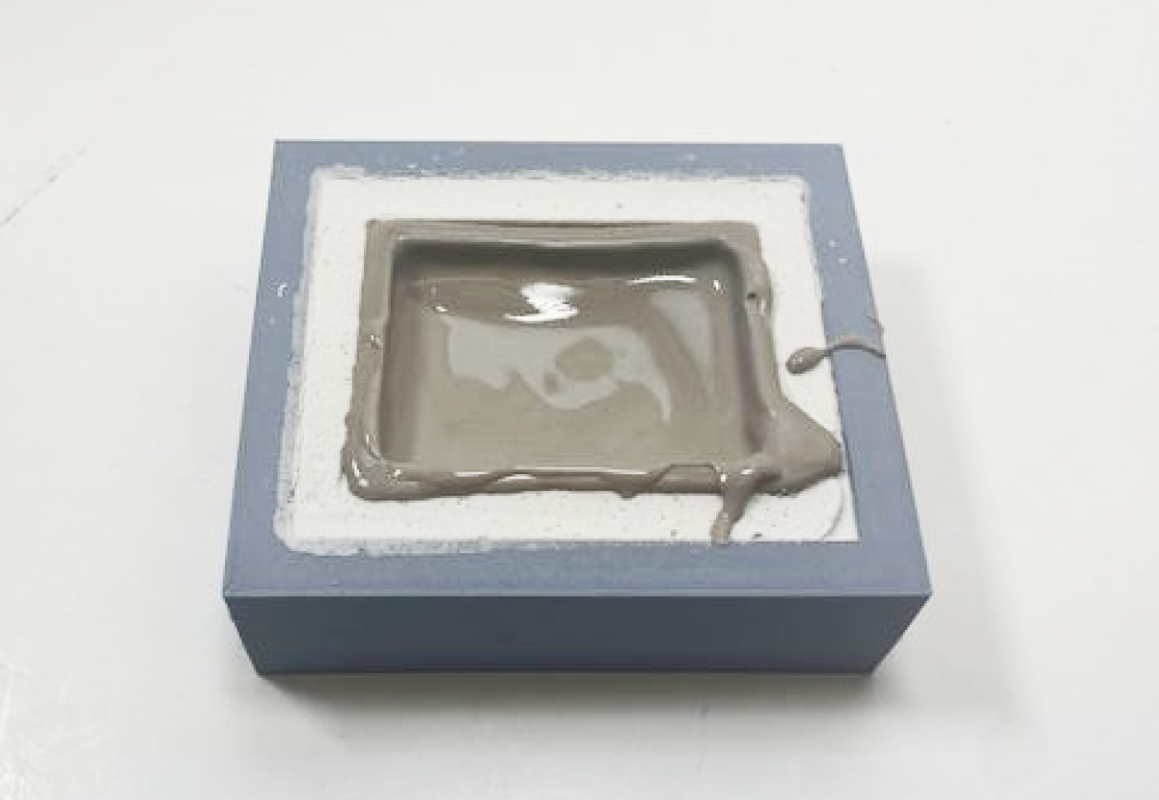REU • Research Experience for Undergraduates (2024)
CaseCast
Using Computational Slip Casting, Stamping, and Sprigging as a Batch Fabrication Toolkit for Crafting Electronic Enclosures

Description
Traditional digital fabrication workflows often utilize static materials like thermoplastics, which are challenging to manipulate post-fabrication. This limitation forces designers to either plan with dynamic geometries or depend on costly post-processing techniques to address design deviations or errors. We propose a shift in digital fabrication workflows to incorporate materials like clay, which enable hand-building techniques for more versatile post-processing and modification. To address the enclosure problem in makerspaces, we developed CaseCast, a batch fabrication toolkit that includes computational design routines for printing inverse molds for slip casting, stamps for imprinting and scoring, and a library of geometries for modifying base forms. CaseCast demonstrates the capability to produce versatile enclosure modifications (e.g., lips, handles, feet, framing holes), scalable artifact production, and personalized enclosures. We discuss how slip casting can enhance the adoption of clay-based fabrication techniques, spurring creativity through a broader material ecology.





